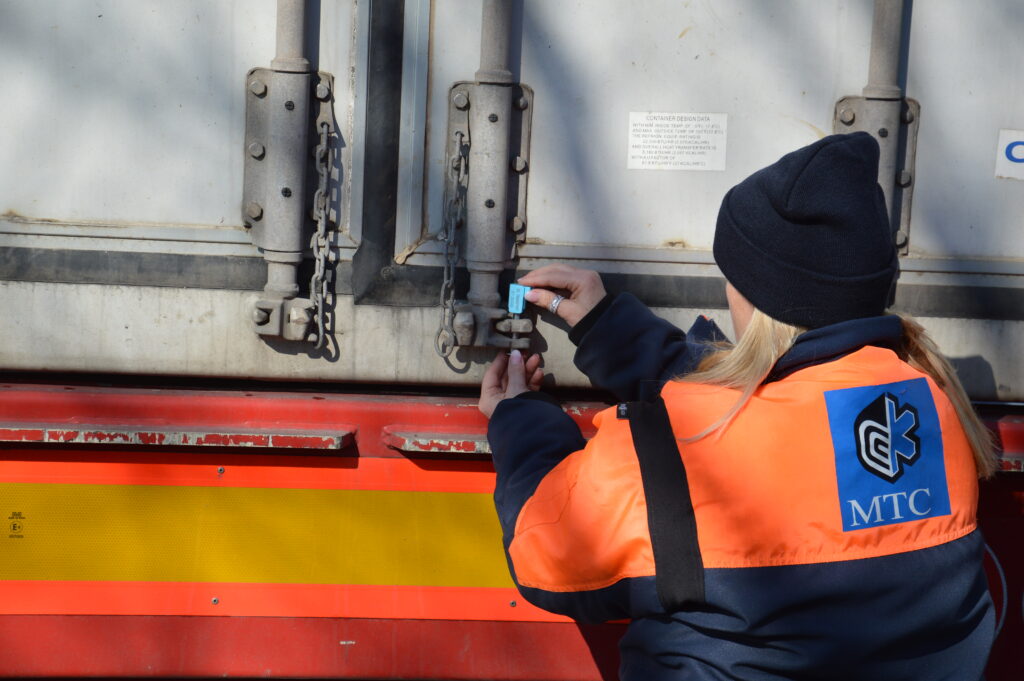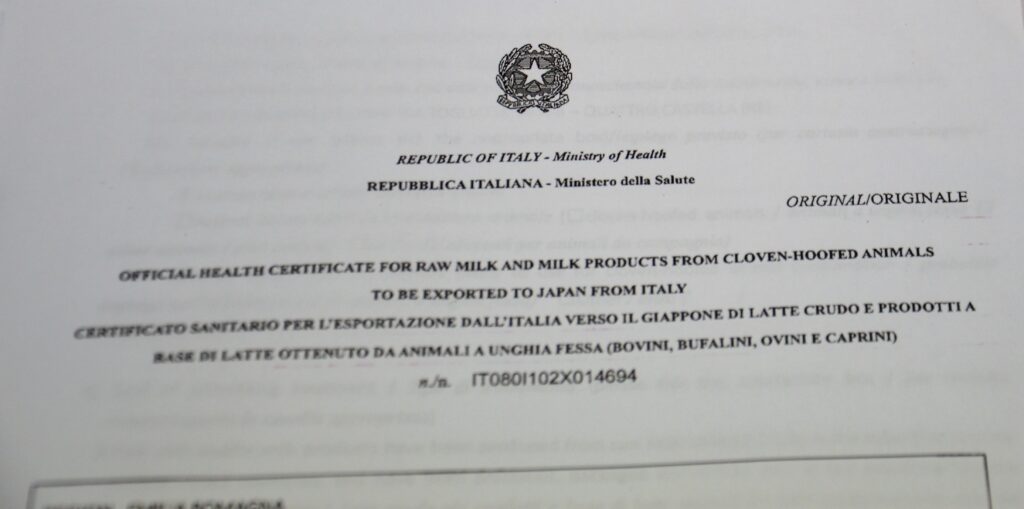Italy ranks 3rd as a trading partner among EU countries exporting to Japan. Despite the impact of the pandemic on the world economy, and in contrast with the decline in our total exports, in 2020 our sales of agri-food products went up by 5% compared to 2019. We are now the 5th supplier of dairy products to the Japanese market.
This result has been made possible by the high quality of the products sold and the professionalism of the exporting companies, but this success has also been fostered by the Economic Partnership Agreement (EPA) between the European Union and Japan, in force since 1 February 2019, which eliminated approximately 90% of customs tariffs and guaranteed the protection of high quality IGP (Protected Geographical Indication) products.
Those who export to this country, however, are aware that they can only be successful if rigour is exercised at administrative level and is also extended to the quality of the products sold, with particular attention to the health aspect. Just think that the required quality checks demand a zero tolerance policy against listeria, in particular for cured meats, as well as against coliform bacteria for milk by-products.
Strict compliance with the traceability of the entire supply chain is also required: from the breeding to the slaughterhouse, to the processing plant up to the logistics warehouse. Each step must therefore be traced through specific documentation.
THE EXPORT LIST: REGISTRATION OBLIGATION

The Japanese authorities require additional guarantees for exporting fresh pork and beef, pork products, milk and milk by-products to Japan.
Only companies (operating in the production and logistics sectors) that have been included in a special list of authorized plants following a Ministerial veterinary inspection can export to Japan fresh meat or meat products such as sauces, sausages, ready meals, filled pasta, pizzas, sandwiches, etc. The Japanese authorities also prepare “Black Lists” in which they enter the plants where non-compliances were found; upon arrival at Customs, the checks made on products arriving from such plants are intensified.
MTC (Proteo S.r.l.) holds the authorization to export food products of animal origin to Japan for rewrapping and cold storage purposes. Such authorization was obtained after successfully passing a very accurate and selective validation process aimed at verifying our structural and sanitary suitability.
The steps followed for inclusion in the list were:
– submission of the application to the Ministry of Health;
– implementation – for a period of at least three months – of the self-regulation procedures certified by the Veterinary Service of the competent Local Health Authority;
– at the end of this period (known as pre-registration), the procedures were validated with the managers of the corporate self-regulation system in order to certify their actual implementation and effectiveness;
– finally, the suitability of the warehouse was confirmed following an inspection by the Ministry of Health (through inspectors specifically designated by the “General Directorate for hygiene and safety of food and nutrition”).

HEALTH CERTIFICATION

When raw materials from other authorized EU countries are exported to Japan, the Japanese authorities require a veterinary certification for the raw material issued by the authority of the country of origin. Such EU countries shall mandatorily hold said authorization. This certification must accompany the meat product exported to Japan, along with the certificate issued by the Italian veterinary service, which MTC can produce.
Dairy products, instead, shall be accompanied by a health certification according to a specific form required by the Japanese authorities.
Finally, to safeguard the load as well as guarantee hygiene and sanitation, the containers used for exporting the goods must be sealed, and the number of the seal must be written on the health certificate.
In Japan, correctness, punctuality and respect for the rules are essential requirements: MTC can work alongside you and support you in dealing with any required customs and health procedure.
To find out more, call us or fill out the contact form to receive a call from us.
Do you want to always have information about our service at your fingertips? Download the pdf from HERE!
Sources:
Ministry of Health: http://www.salute.gov.it/portale/temi/p2_6.jsp?lingua=italiano&id=1158&area=sicurezzaAlimentare&menu=esportazione
Confagricoltura (National Farmers Organisation): https://www.confagricoltura.it/ita/area-stampa/comunicati/accordo-giappone-ue-due-anni-dopo-bilancio-positivo-il-nostro-export-cresciuto-del-5
Report: ITA Italian Trade Agency
https://www.ice.it/it/sites/default/files/inline-files/REPORT%20_GIAPPONE.pdf



